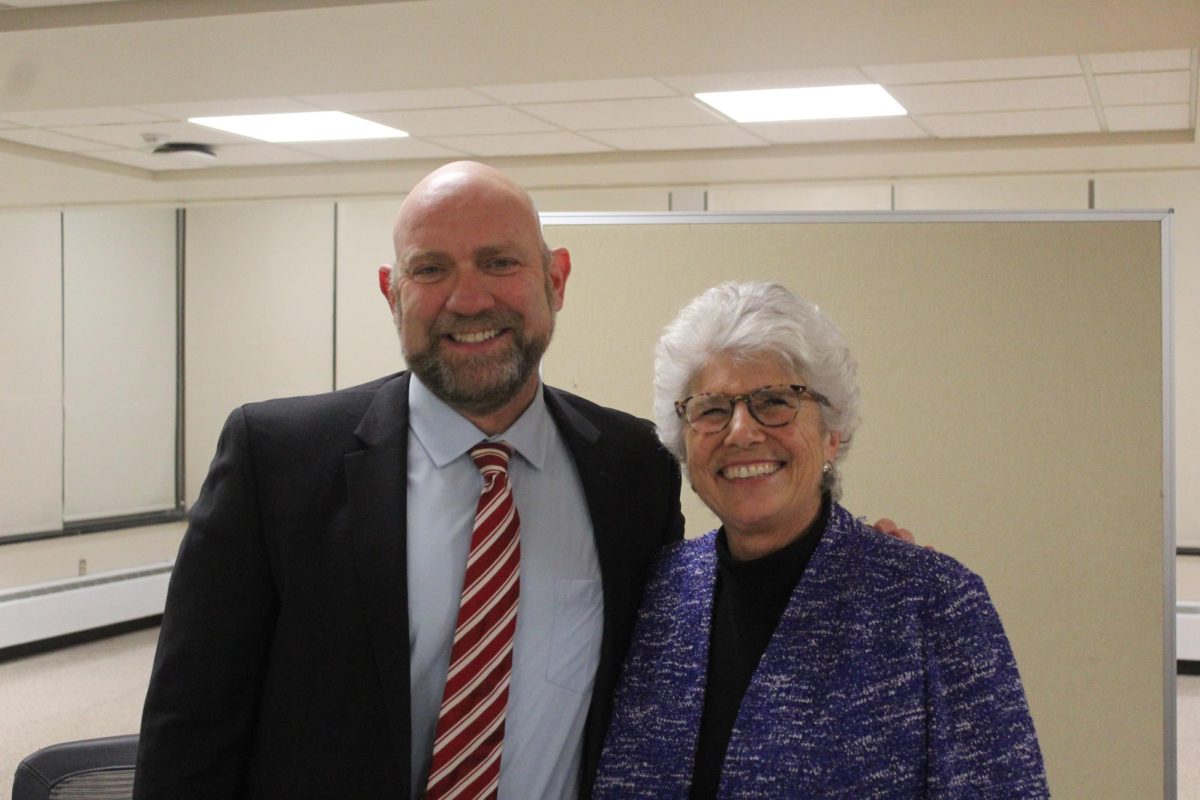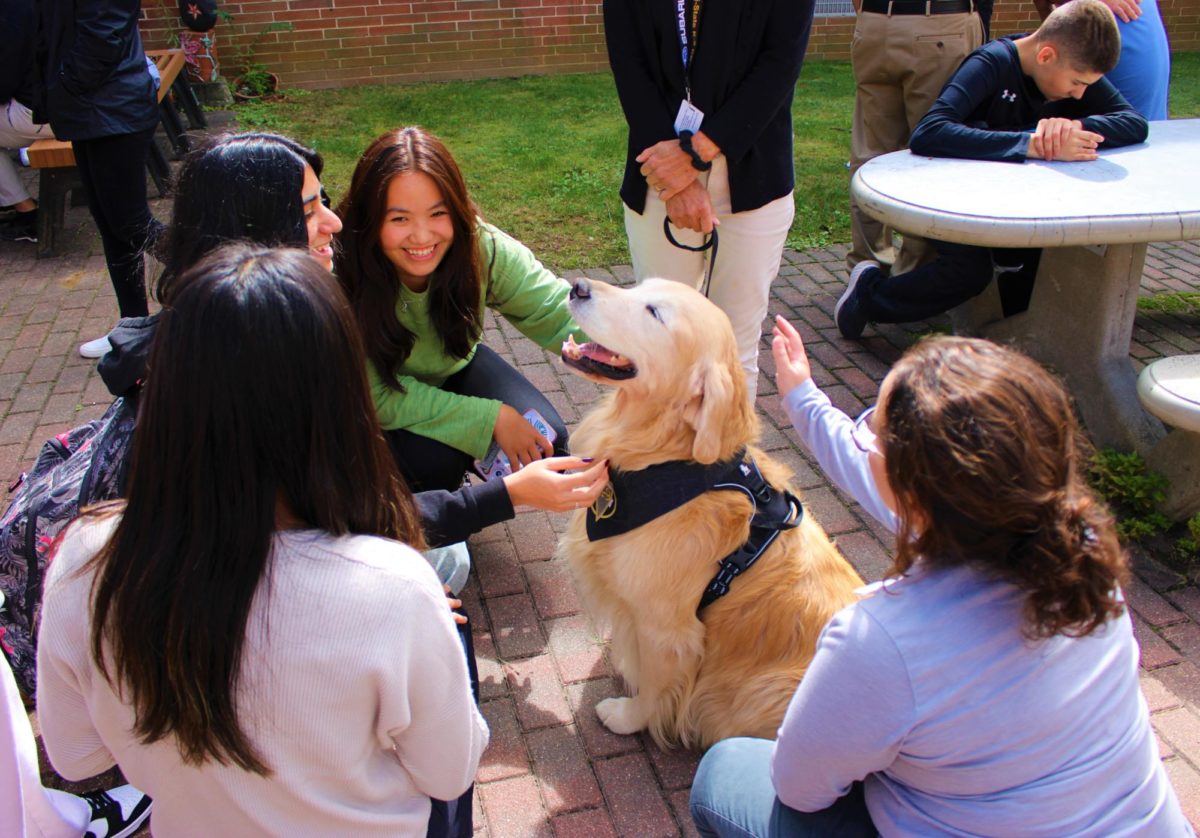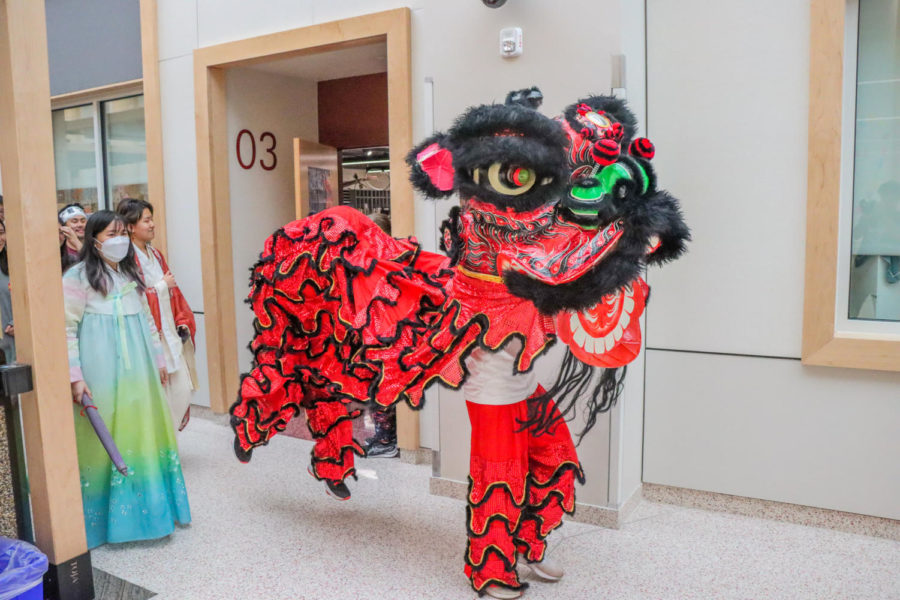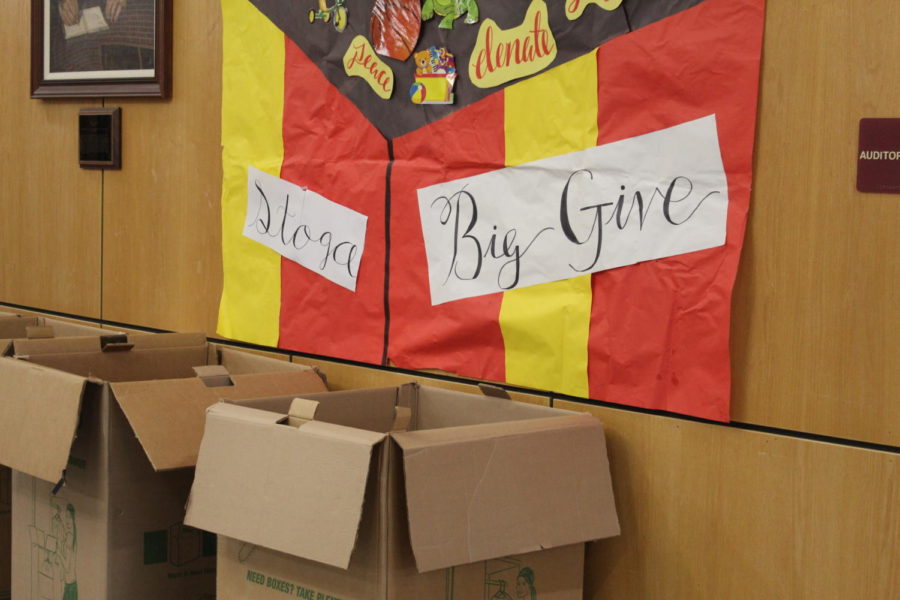By Cissy Ming, Staff Reporter
Junior Jack Lee was always interested in learning about the weather he reports each morning on Good Morning Stoga, so when he saw meteorology as an online course option, he immediately took advantage of the opportunity.
“I really liked observing the weather, but I wasn’t sure if I was interested in the science behind it. I hoped this course would help me find out,” Lee said. “If it had been better organized and better executed, it would have been perfect.”
This school year, Lee and 27 other Conestoga High School students enrolled in online courses as part of a two-year pilot program, joining over 600,000 others around the nation who already learn electronically. Participants received elective course credit toward graduation requirements for completing a school approved, high school level online course on their own time. The school pre-approved a list of courses provided by Educere and Virtual High School, but allowed students to propose online courses for credit. For courses submitted by students, heads of the relevant subject departments evaluated the content on a case by case basis to determine whether or not it matched Conestoga’s academic standards.
After the two-year trial period ends, the administration will decide whether or not to continue the online course option given its feasibility, as demonstrated by student experiences.
According to former assistant principal Andrew Phillips, online courses allow students to explore their interests outside of the Conestoga curriculum.
“Even though we have a very rich, diverse curriculum, having an online option gives students the option to take courses they wouldn’t have been able to take because of classroom limitations, (something) rare or very specific in nature, such as Arabic or Hebrew, that we don’t cover at the high school,” Phillips said.
Though online courses garner the same course credit as an on-campus course of equal length, the school treats individual performance on online courses differently, listing grades on transcripts as pass/fail and excluding online courses from GPA and honor roll calculations. In addition, online courses do not apply to the 42 period per year scheduling limit for on-campus courses. As a result, the administration requires students to fill out an application form and obtain parental consent to prevent over scheduling.
Nevertheless, Lee experienced difficulties adjusting to a new learning format, having never taken an online course prior to registering for meteorology.
“It was very different because you don’t see a teacher every single day and you complete the work on your own time,” Lee said. “Taking the course really helped me with my time management, which was always a challenge.”
Lee says he would have preferred more guidance from experts in meteorology and Conestoga faculty. Though the teacher checked with the class online for an hour each night, he feels that her lack of accessibility was “definitely a drawback.” According to Lee, the school failed to inform him when the course began and he relied on e-mails from the course provider for information. However, he understands the school’s limitations in the first year of its online course pilot program.
“I’d give them time to work out the kinks, since (the program) hasn’t been around for that long. This year was the school’s first year doing it and to be honest, you could kind of tell,” Lee said. “There were also some issues with the provider, since I missed a bunch of assignments that weren’t given on the syllabus.”
Assistant principal Anthony DiLella views the online course pilot as a success and reports that most students gave positive feedback. He claims the small number of participants reflects the varying interests of the student body rather than a shortfall, since he believes most students prefer traditional classroom learning.
In the pilot’s second year, he intends to maintain the school’s policy toward online courses while adjusting the list of pre-approved courses to suit student interest. Since the largest portion of students participating in online courses enrolled in American Sign Language, DiLella plans to add additional language courses to the pre-approved list as the two course providers make them available. He also cites student enrollment in science courses offered online as a key factor in the school’s decision to add science electives on-campus.
According to DiLella, the faculty at Conestoga “saw what (science) courses students liked and went from there” in terms of deciding which electives to offer next school year.
As the online course pilot enters its second year, he hopes students can all benefit in some sense from the learning options Conestoga provides.
“I want (students) to gain some experience so that they could say that it helped them become a better student, a better person. High school is about shaping what you want to do for the rest of your life. So when you guys leave the building, you’ll have all this experience that very few students were able to get,” DiLella said.
Cissy Ming can be reached at [email protected].



























































































